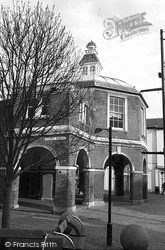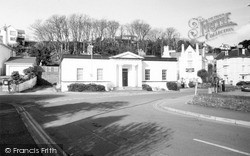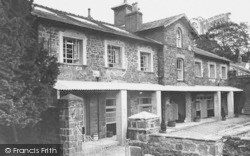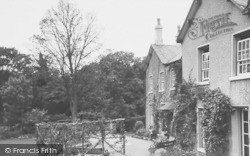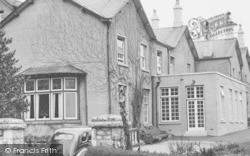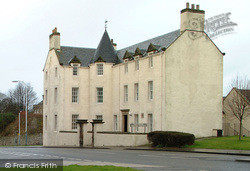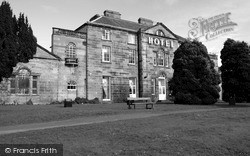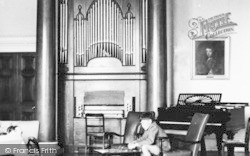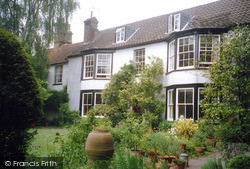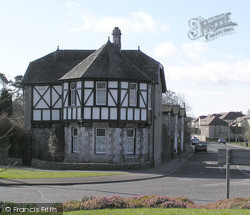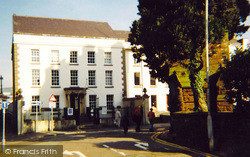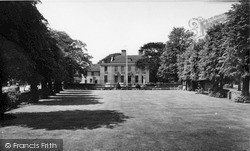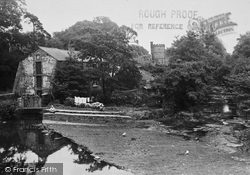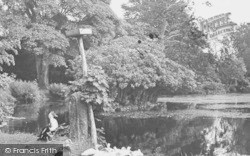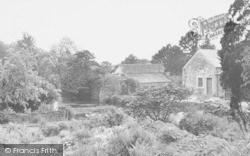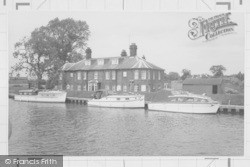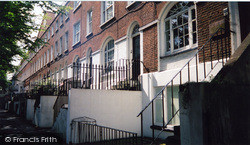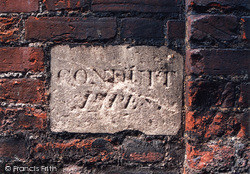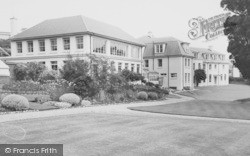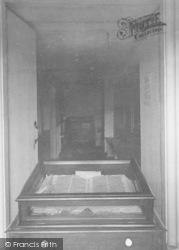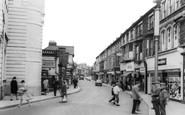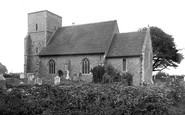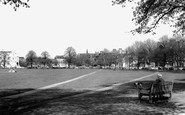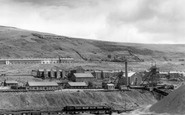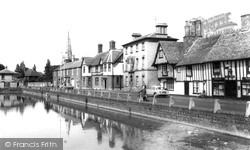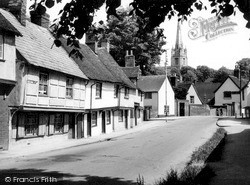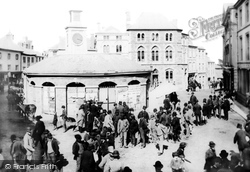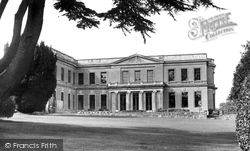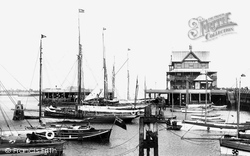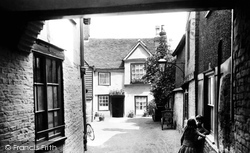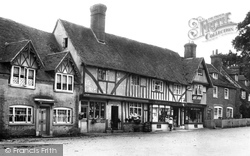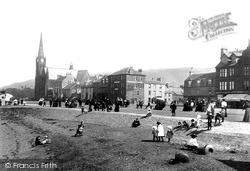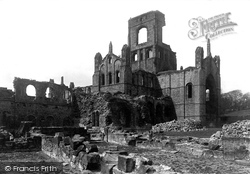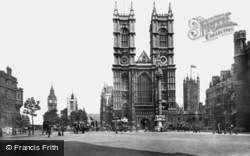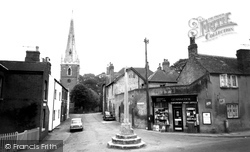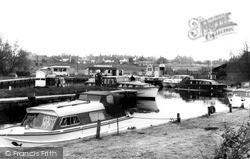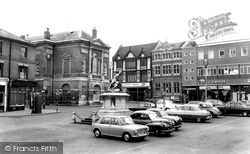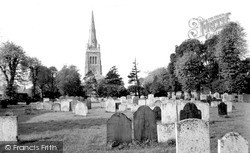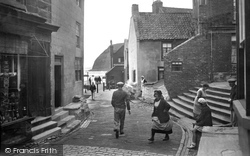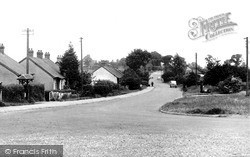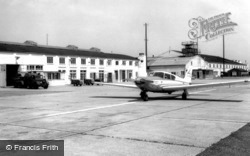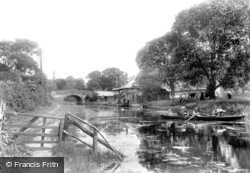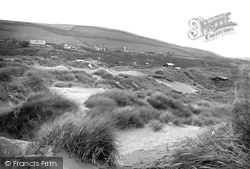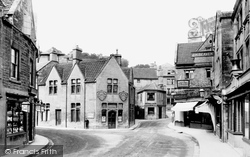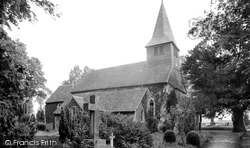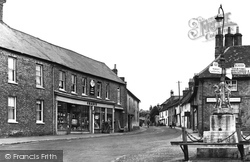Places
36 places found.
Those places high-lighted have photos. All locations may have maps, books and memories.
- Chatsworth House, Derbyshire
- Osborne House, Isle of Wight
- Brambletye House, Sussex
- Ickworth House, Suffolk
- Kingston Lacy House, Dorset
- Boscobel House, Shropshire
- Preshute House, Wiltshire
- Bolton Houses, Lancashire
- Brick Houses, Yorkshire
- Quaking Houses, Durham
- Water Houses, Yorkshire
- Bottom House, Staffordshire
- New House, Kent
- Mite Houses, Cumbria
- Lyneham House, Devon
- Church Houses, Yorkshire
- Dye House, Northumberland
- Spittal Houses, Yorkshire
- Street Houses, Yorkshire
- Tow House, Northumberland
- Halfway House, Shropshire
- Halfway Houses, Kent
- High Houses, Essex
- Flush House, Yorkshire
- White House, Suffolk
- Wood House, Lancashire
- Bank Houses, Lancashire
- Lower House, Cheshire
- Marsh Houses, Lancashire
- Chapel House, Lancashire
- Close House, Durham
- Guard House, Yorkshire
- Hundle Houses, Lincolnshire
- Hundred House, Powys
- Thorley Houses, Hertfordshire
- School House, Dorset
Photos
7,776 photos found. Showing results 2,121 to 2,140.
Maps
370 maps found.
Books
1 books found. Showing results 2,545 to 1.
Memories
10,367 memories found. Showing results 1,061 to 1,070.
Six Weeks In Pontypool
I was evacuated with my school to Pontypool on 1st September 1939. I was taken in with my friend Jim Baker, by a retired miner and his wife, and spent six weeks in what was alleged to be the smallest house in Pontypool. I ...Read more
A memory of Pontypool in 1930
Simms Cross
I was born at 9 Frederick Street, in 1941, and my earliest memory is of flags, streamers and buntings strung across the street every time a soldier came home 'from the war'. I don't know why, but the Union Jack flag absolutely ...Read more
A memory of Widnes in 1941 by
Courtenay Road 1953
I moved to Wantage with my parents Ted and Phyllis Willey and my brother Ken and sister Susan. At Garston Lane school one of my first friends was John Campbell who lived in Courtenay Road. We were aged 8. Another friend was Jim ...Read more
A memory of Wantage in 1953 by
Thomas Barwick
Perhaps you would like to know more about Thomas Barwick. Sarah Goodborn was Thomas' s second wife and was possibly the sister of his first wife, Eliza Goodborn, who appears to have died in childbirth. He had three children with Eliza: ...Read more
A memory of Deal by
Marching On The Green
I used to live in Niton Road, Richmond from 1946-67 until I married and moved to Kent. I joined the Girls Life Brigade when I was 5 years old and left when I was 12. In that time we used to practice our ...Read more
A memory of Richmond by
Childhood Memories
My father, Bertram Whittingham was a native of Hemsworth, born 1892 and I am the remaining son of the family born August 1926 in a small miner's cottage located at No. 7 North View. My father was a coal miner, working at ...Read more
A memory of Hemsworth in 1930 by
Melrose Cottage 8 Shalbourne
In the 1950s and early 1960s my brother and I were fostered to a Miss Little and her sister at 8 Shalborne, there were several children living there and I have many fond memories of our stay. We used to sleep in a ...Read more
A memory of Shalbourne by
My Beginning...
My name is Russell Ham. I was born on May the 10th, 1962. I was adopted at about the age of six weeks, I think. The best thing that ever happened to me. I arrived at number 5, Thomas Street, in the summer of 1962, to the home of ...Read more
A memory of Gilfach Goch in 1962 by
Bourne Avenue Harlington School
I lives in Bourne Avenue from1954-1972 and loved it with my parents and 2 sister Sandra and Pauline, our maiden name is HOWE. We used to go to Harlington Secondary School. I have so many memories of living in Hayes, ...Read more
A memory of Hayes
Memories
I went to Northmoor back in the 1940s and stayed with my parents' friends Mrs Bastable and her family for 6 weeks. The house was thatched and just across the way from a line of trees called "The Causeway". I remember going ...Read more
A memory of Northmoor in 1940 by
Your search returned a large number of results. Please try to refine your search further.
Captions
6,977 captions found. Showing results 2,545 to 2,568.
Part of this building now houses a fish and chip shop. In 1987 the local newspaper reported that the Causeway was reproduced in a model village outside Canberra in Australia!
These are the first houses we see as we enter the town from the north; they have been described as 'an outstanding group of mostly 15th- and 17th-century timber-framed buildings'.
The oval Butter Market was designed by George Wightwick, who simultaneously designed the Lower Market House, which still stands in Market Street and is now an arcade.
The oval Butter Market was designed by George Wightwick, who simultaneously designed the Lower Market House, which still stands in Market Street and is now an arcade.
The oval Butter Market was designed by George Wightwick, who simultaneously designed the Lower Market House, which still stands in Market Street and is now an arcade.
Northwood House was the home of Tennyson's friend William George Ward in the 19th century. The poet and Ward would often stroll around Northwood's exquisite gardens.
He was also involved with the building of Nelson's Column, the Houses of Parliament, and railway lines all over the world.
With houses crowded together, yards like this were not uncommon in Cambridge.
Its pretty houses grouped around a square by the castle gates lend it a timeless air.
New houses have also been erected nearby. St Columba's Parish Church is still a landmark.
Kirkstall was founded in 1152 as a daughter house of Fountains Abbey. Building work was completed by 1175 and iron forging began in 1200.
Behind are Big ben and the Houses of Parliament.
Apart from All Saints, little of architectural quality has survived, except for a few rather handsome houses, including the Rectory of 1808 and the Old Hall.
Aston Boats' Nissen huts have now been taken over by Princess Cruisers, and the sheds alongside the moorings have been replaced by a house.
The range to the right of the Post Office has been rebuilt as Lipton House. Stead and Simpson have traded from a shop on this site since at least 1898.
This village-like landscape is a reminder of the old centre of Kettering, which clustered around the Manor House and the church. There are now only a few gravestones left in the re-organised area.
Yards or passages lead to many of the houses; they seem to have been put wherever they would fit, a little like a wrongly-completed jigsaw. This gives the village a unique charm.
The bungalows along Church Road are fairly representative of the kind of housing to be seen in Laindon before the New Town came. Several of them are still there.
The air traffic control centre is housed in a building which rather resembles an old war-time nissen hut; to the right of it is the quaintly-named emergency services rendezvous point.
From c1890 the premises was advertised as the Cricketers Inn and Boating House.
The 'proper' housing lines the Braunton to Croyde road, and the sea (behind the camera) is a noted surfing area.
Most of the town's finest buildings are Georgian - the woollen mills and the merchants' houses. Bath stone was used for many of the buildings.
Although the village now has a number of modern housing developments, the church still stands in a rural location.
The shop 'Chance' has gone and is now a private house. Outside stands a bus stop.
Places (80)
Photos (7776)
Memories (10367)
Books (1)
Maps (370)


